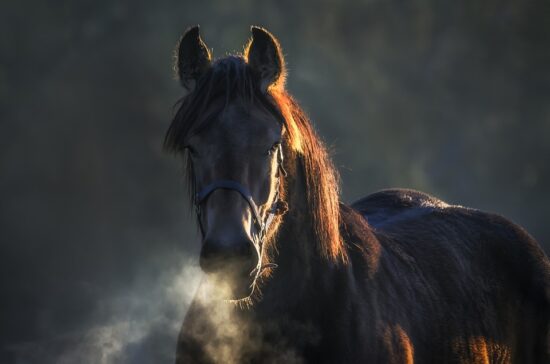Bacteria From Horses Give Clues to Antibiotic Resistance
Humans, horses, and other domestic animals share living spaces, companionship, food—even pathogens (disease-causing organisms). According to researchers, that means they’re sharing those pathogens’ antimicrobial resistance determinants (genes and mutations), as well.
So when veterinarians and other health professionals submit bacteria for whole genome sequencing to a national database, they help contribute to a better understanding—and, hence, better control—of the spread of antimicrobial-resistant (AMR) pathogens across different host species, including horses, dogs, and people, said Laura Goodman, PhD, assistant research professor in Cornell University’s Department of Public & Ecosystem Health, in Ithaca, New York. Goodman spoke during the 2021 American Association of Equine Practitioners’ convention, held virtually and in person in Nashville, Tennessee, last December.
AMR NEWS
Every two weeks in your inbox
Because there should be one newsletter that brings together all One Health news related to antimicrobial resistance: AMR NEWS!





